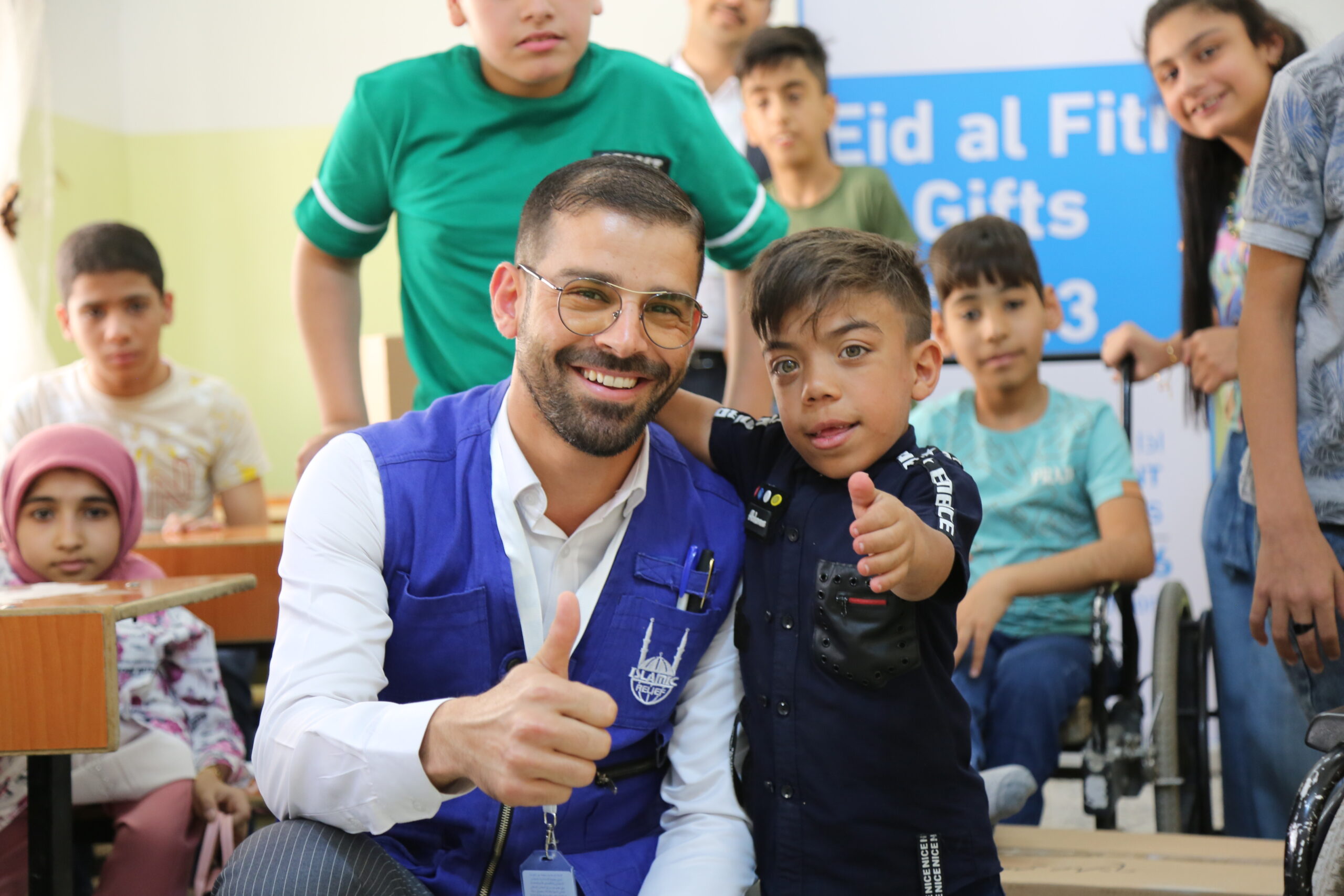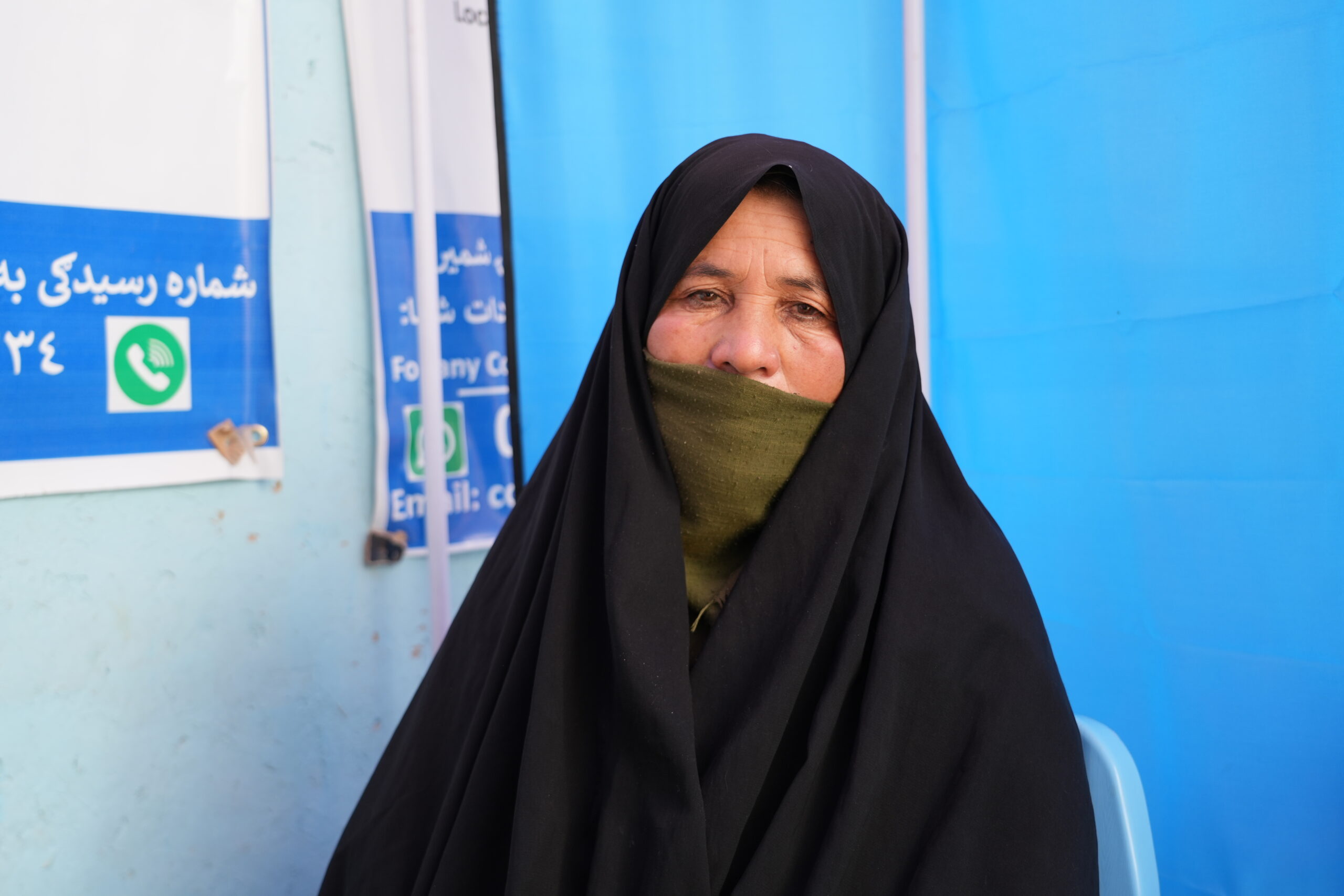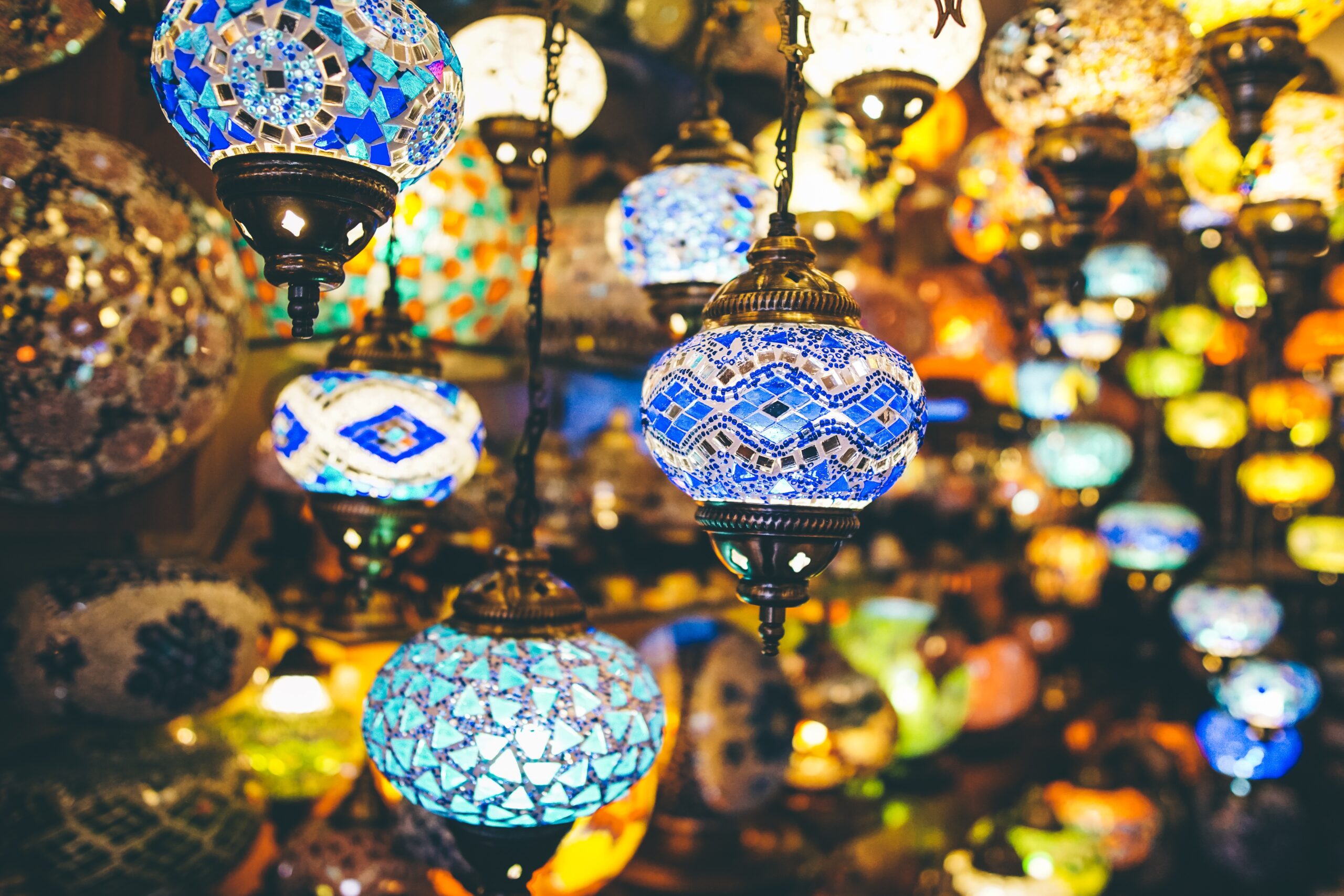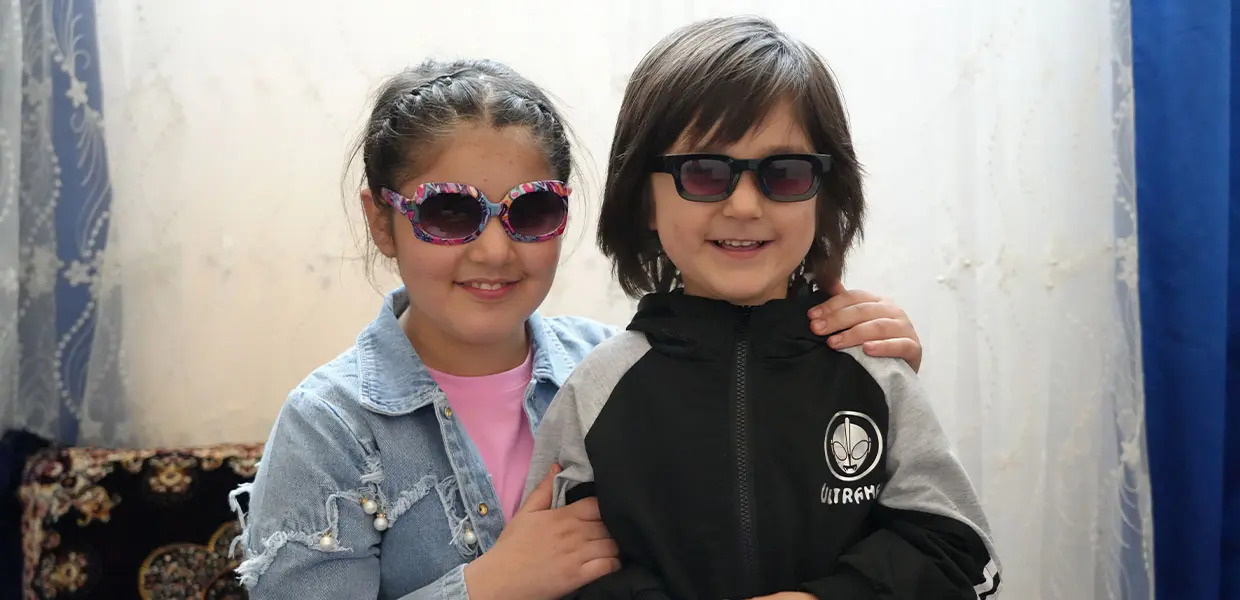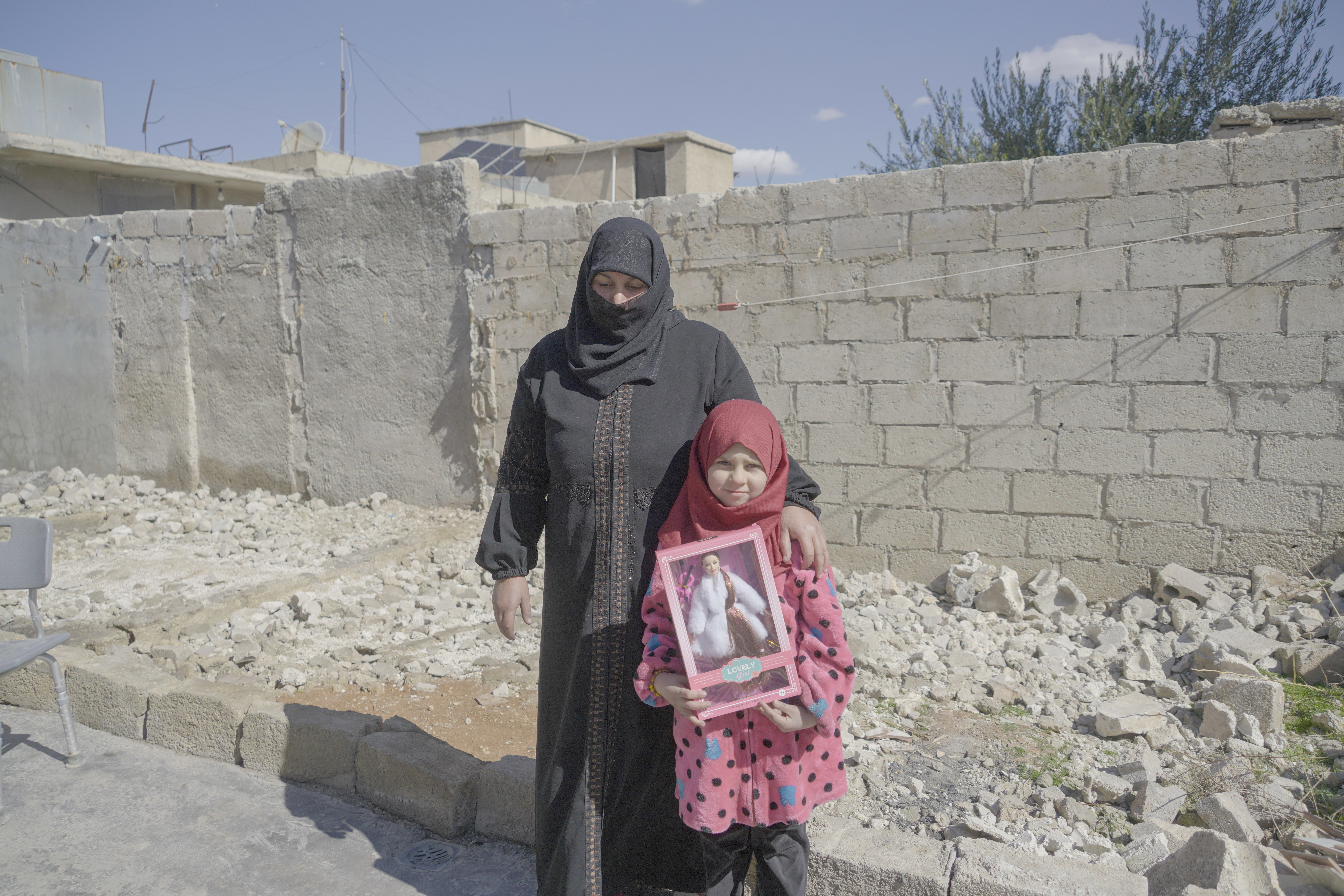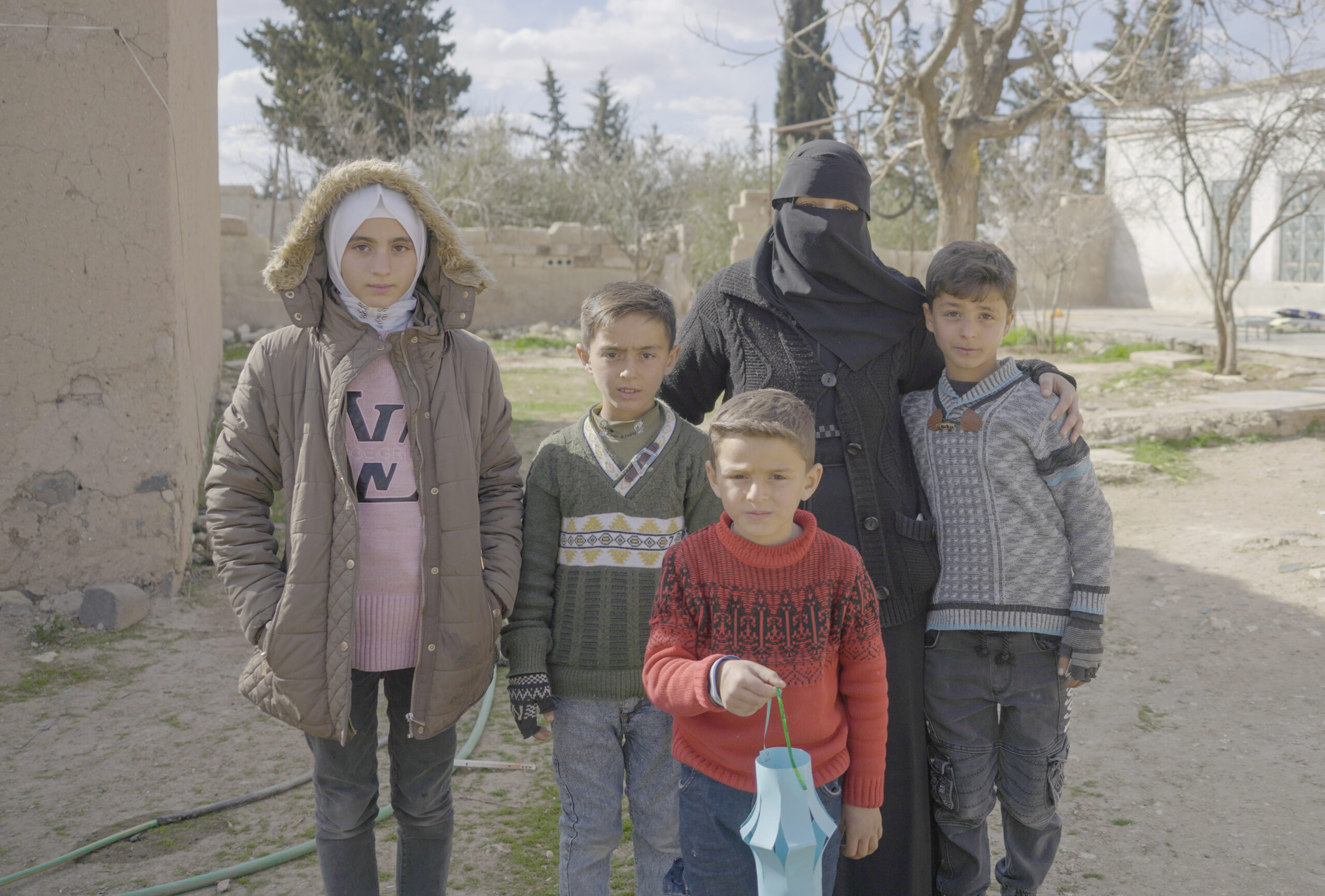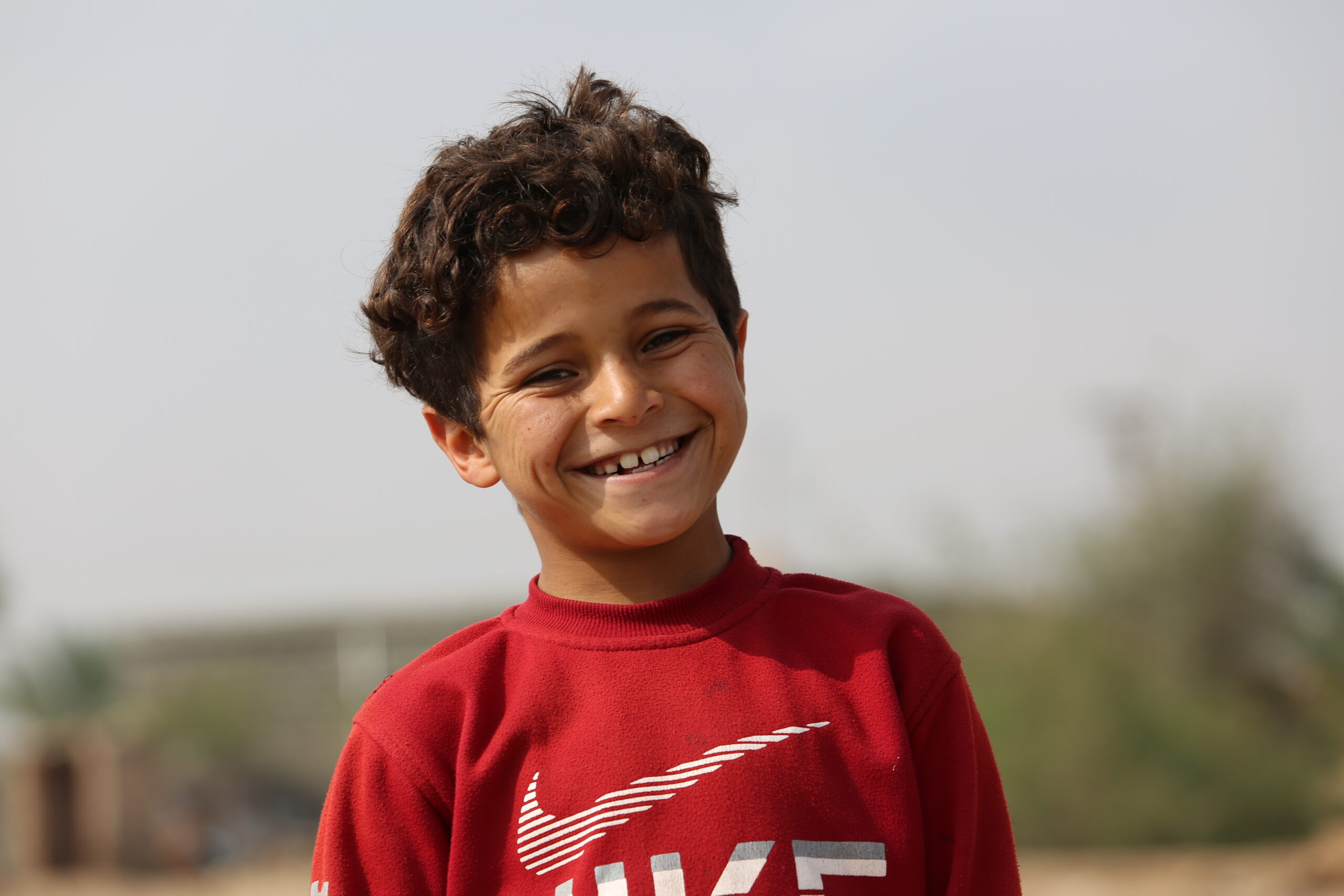
02.29.24
Giving Charity in Ramadan: Zakat, Sadaqah and More
For many Muslims, Ramadan marks a month of generosity and giving. There are also many ways to give during this blessed month.
Fulfiling Zakat and Fitrana (Zakat al-Fitr), increasing Sadaqah, or repaying missed fasts through Fidya (Fidyah) or Kaffarah — these can all be ways to give in Ramadan.
So, why do Muslims give more during this month? Ramadan is filled with many opportunities to earn rewards through good deeds and providing charity is one of them.
In fact, the Prophet Muhammad (ﷺ) himself gave more charity during this blessed month than at any other time. In one hadith, Ibn Abbas reported,
“The Prophet (ﷺ) was the most generous of people in charity, but he was generous to the utmost in the month of Ramadan…giving charity like the blowing wind.”
Sahih Muslim
The Importance of Charity in Islam
Caring for and showing kindness towards fellow human beings is central to Islam. Several ahadith refer to this deep affection and brotherhood. This includes one where the Prophet Muhammad (ﷺ) encouraged his people to “love for your brother what you love for yourself.” (Bukhari and Muslim)
In another hadith, he (ﷺ) also said, “The believers are like one body in their mutual love and affection: if one limb is injured, the rest responds with sleeplessness and fever.” (Muslim)
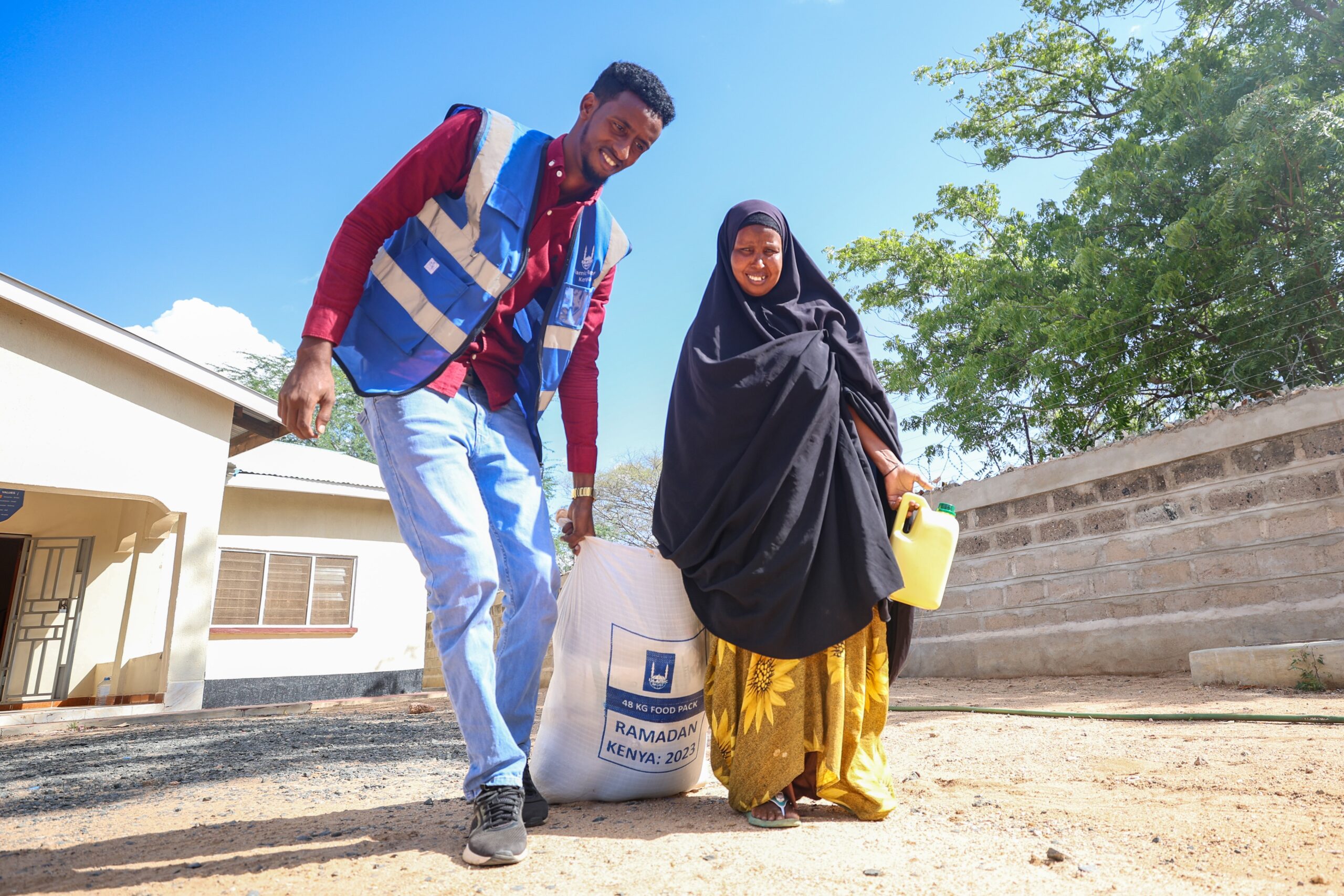
Giving charity is also one of the best ways to aid someone in need. In the Qur’an, many verses emphasise the importance of this good deed. Such as the verse stating how the poor and needy have recognised right, over our wealth (Al-Ma’arij, 70:24-5).
In addition to how charitable acts benefit those who receive it, Islam also highlights the blessings that come to those who give. Especially one who gives their wealth away selflessly for Allah (SWT)’s sake.
Thus, by giving for the sake of others, a Muslim fulfils a duty. To provide for their brothers and sisters in need. Thereby increasing their rewards for this life and the Hereafter.
Ways to Give During Ramadan
Zakat (al Mal)
Zakat al Mal, or almsgiving, is one of the five pillars of Islam. It is a compulsory donation every sane, adult Muslim must make every lunar (Islamic) year if they meet a certain threshold (Nisab).
The amount one pays for Zakat, if they are eligible, is equal to 2.5% of one’s total wealth. The Nisab amount for Zakat in 2025 has yet to be decided.
In 2024, the value of silver was $1.11 (AUD) per gram. If using the opinion of 609 grams of silver for Nisab, the Nisab threshold is approximately $675.99. For 595 grams of silver, it is $660.45 (AUD). This is the amount set by ANIC for 2024.
Many Muslims give Zakat in Ramadan due to the numerous rewards offered in this blessed month. Most Islamic schools of thought also allow individuals to pay their Zakat in advance if there is an urgent need, such as in the case of an emergency or humanitarian crisis.
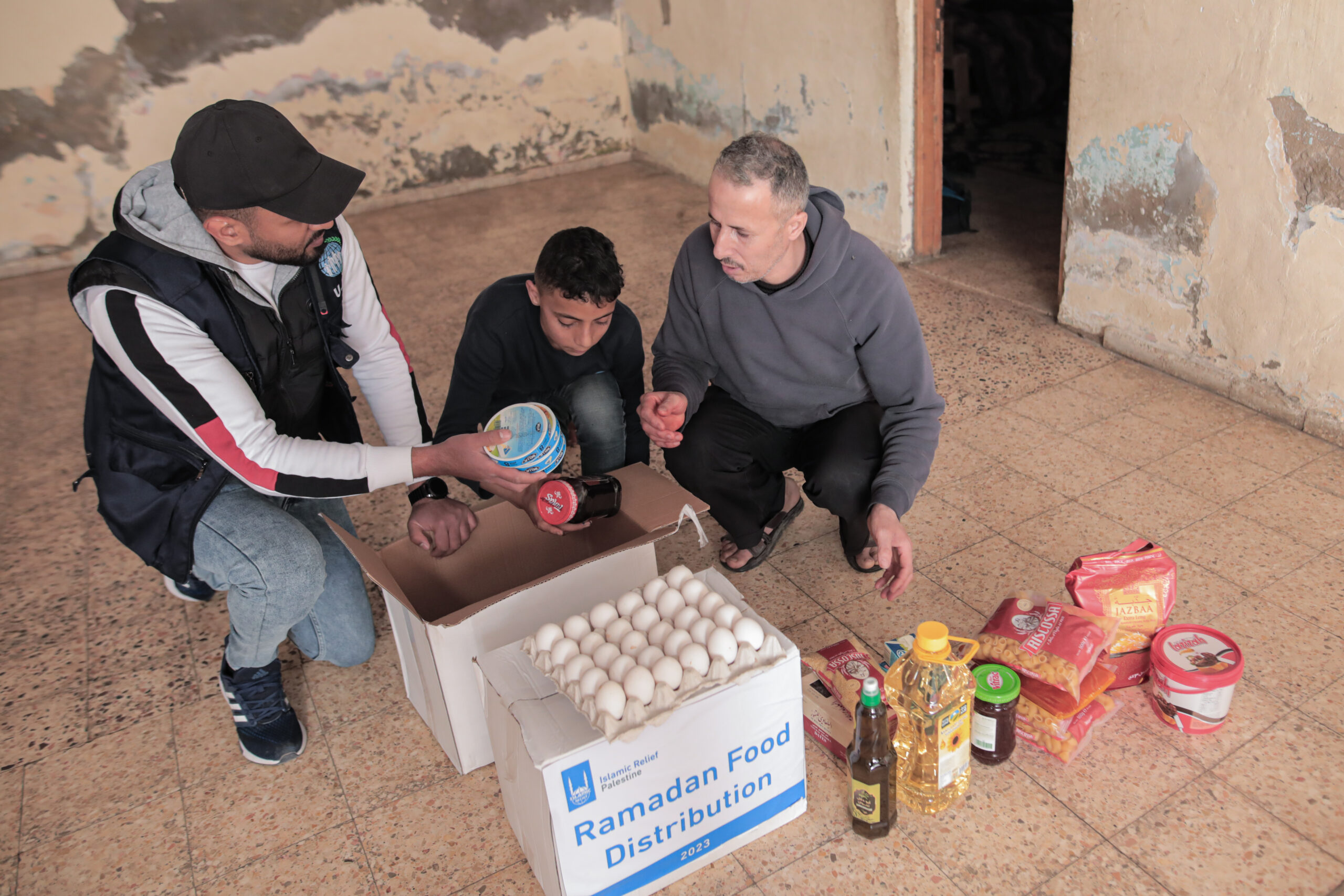
Due to the situation in many countries like Palestine (Gaza) and Sudan, some Muslims choose to pay their Zakat ahead of time to answer the pressing needs of their brothers and sisters and do so in Ramadan to earn more rewards.
If you’ve already paid your Zakat for this Islamic Year, you do not have to pay it again during Ramadan. However, that doesn’t mean any charity you give during the month won’t count – it’ll be written down and Sadaqah and you’ll receive rewards for it.
Sadaqah
Sadaqah (or Sadaqa) is any voluntary act of charity that is wide-reaching and beneficial. It can be given as monetary charity or as an act of kindness.
Unlike Zakat, which is compulsory and typically given only once every Islamic year, there is no limit to how much Sadaqah you can give and how many times you can give it.
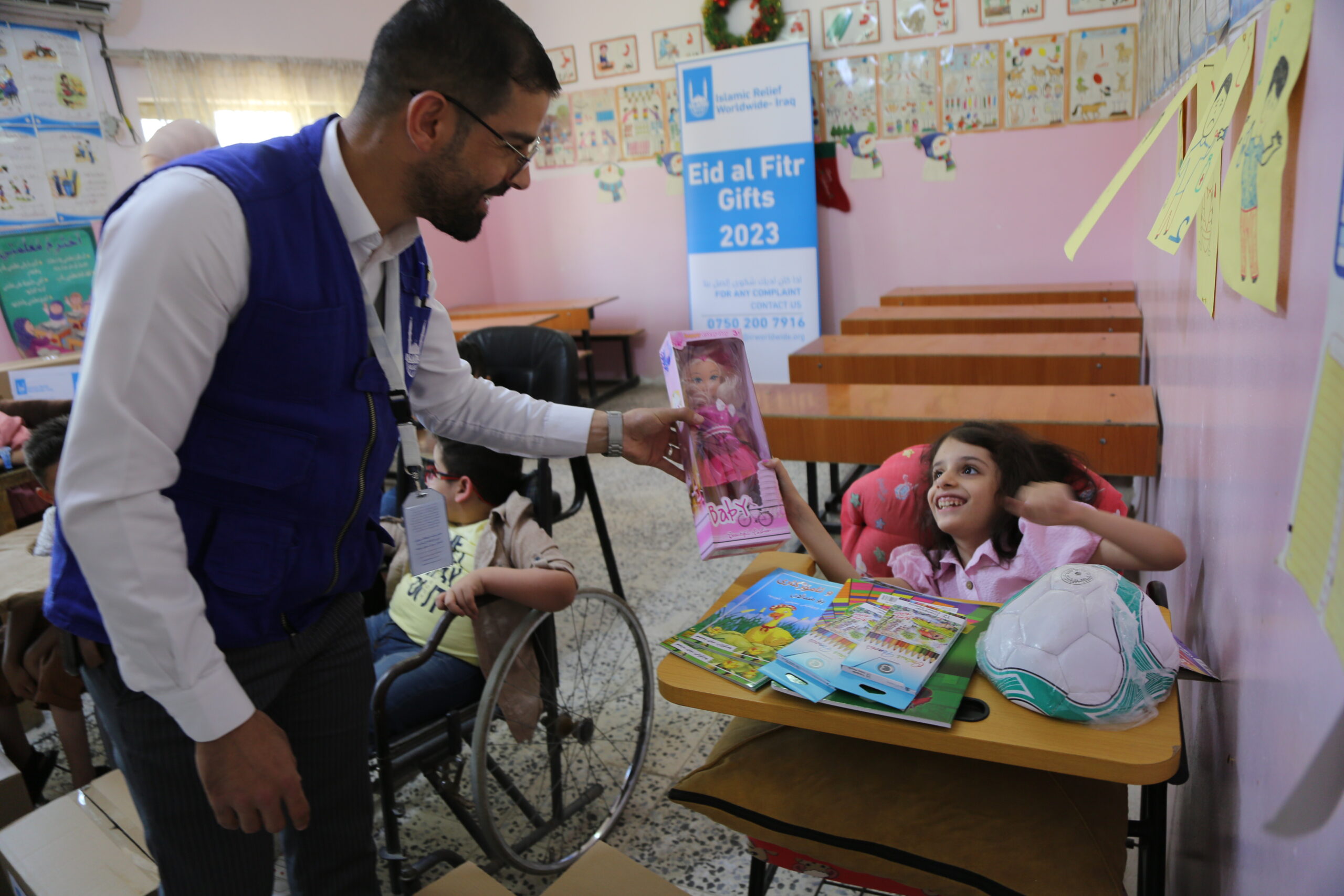
Some examples of Sadaqah include donating money to someone in need, feeding others or looking after someone who is sick or injured. Giving Fidya (Fidya), Kaffarah or Aqiqah can also be counted as Sadaqah.
Fidya (Fidyah) and Kaffarah
During Ramadan, fasting is compulsory on every Muslim who is healthy and of age.
Therefore, if one were to miss their fasts during Ramadan, valid or not, they would have to make up for it later or pay compensation.
Muslims pay Fidya (Fidyah) if they miss a fast out of necessity and are unable to make it up after Ramadan. The payment for each missed fast is equivalent to feeding one person.
If one deliberately breaks a fast without a valid reason and they are unable to make up for it later, Kaffarah is paid. The amount paid for each missed fast is the equivalent of feeding 60 people.
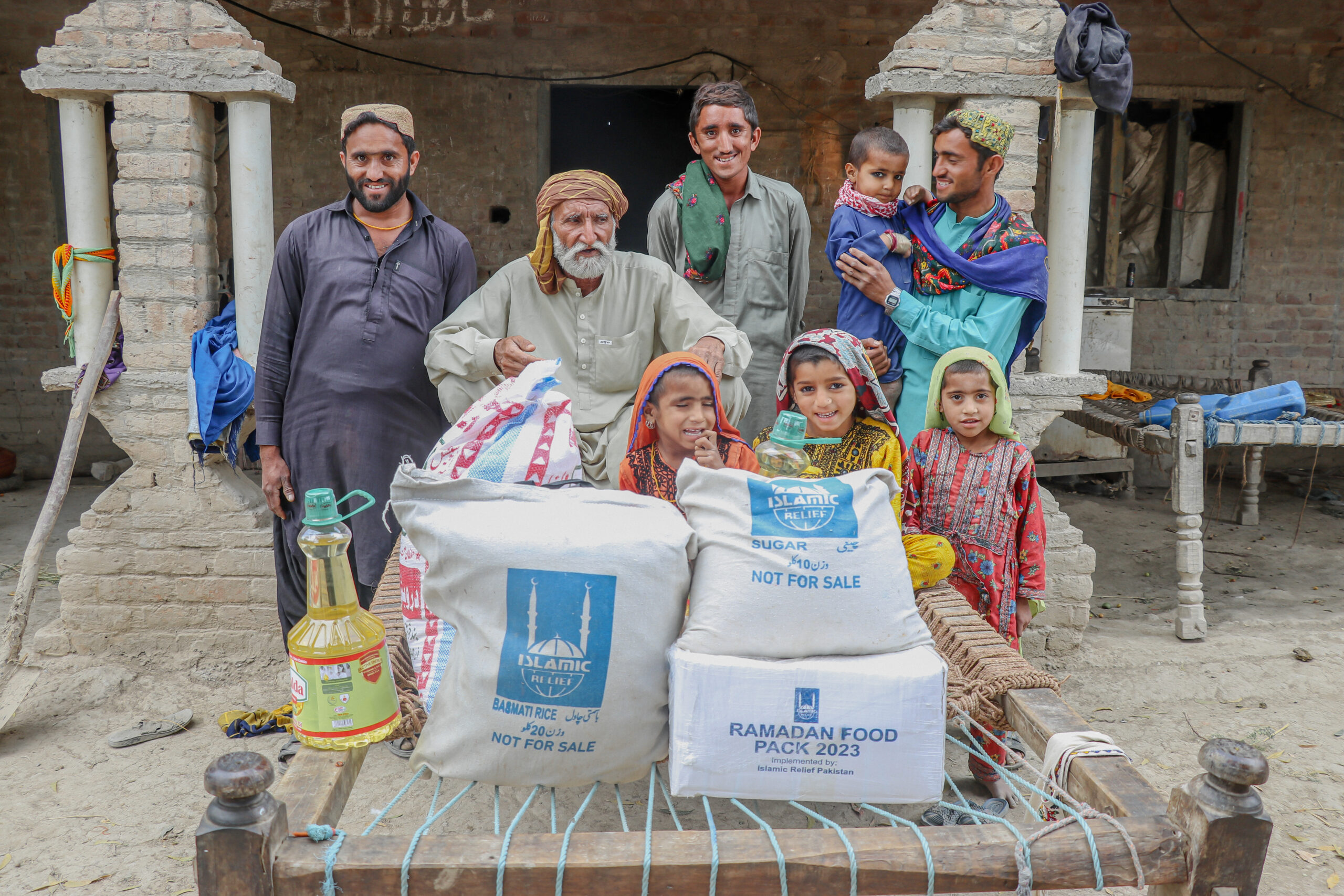
In Australia, the rate for both Fidya and Kaffarah in 2025 is $18 (AUD) per needy person. For example, if a person had missed one day of fasting, then they would need to pay $18 for Fidya or $1080 for Kaffarah.
Zakat al Fitr (Fitrana)
Zakat al Fitr (also known as Fitrana) is a charitable donation of food that must be given before Eid prayer, before the end of the month of Ramadan. If it is paid after Eid prayer on Eid Al Fitr then the donation will count as Sadaqah, making the reward lesser.
Fitrana is obligatory for all Muslims (including babies and children) living in any household with more food than they need. However, the payment itself should be carried out by the head of the household, on behalf of themselves and their dependents.
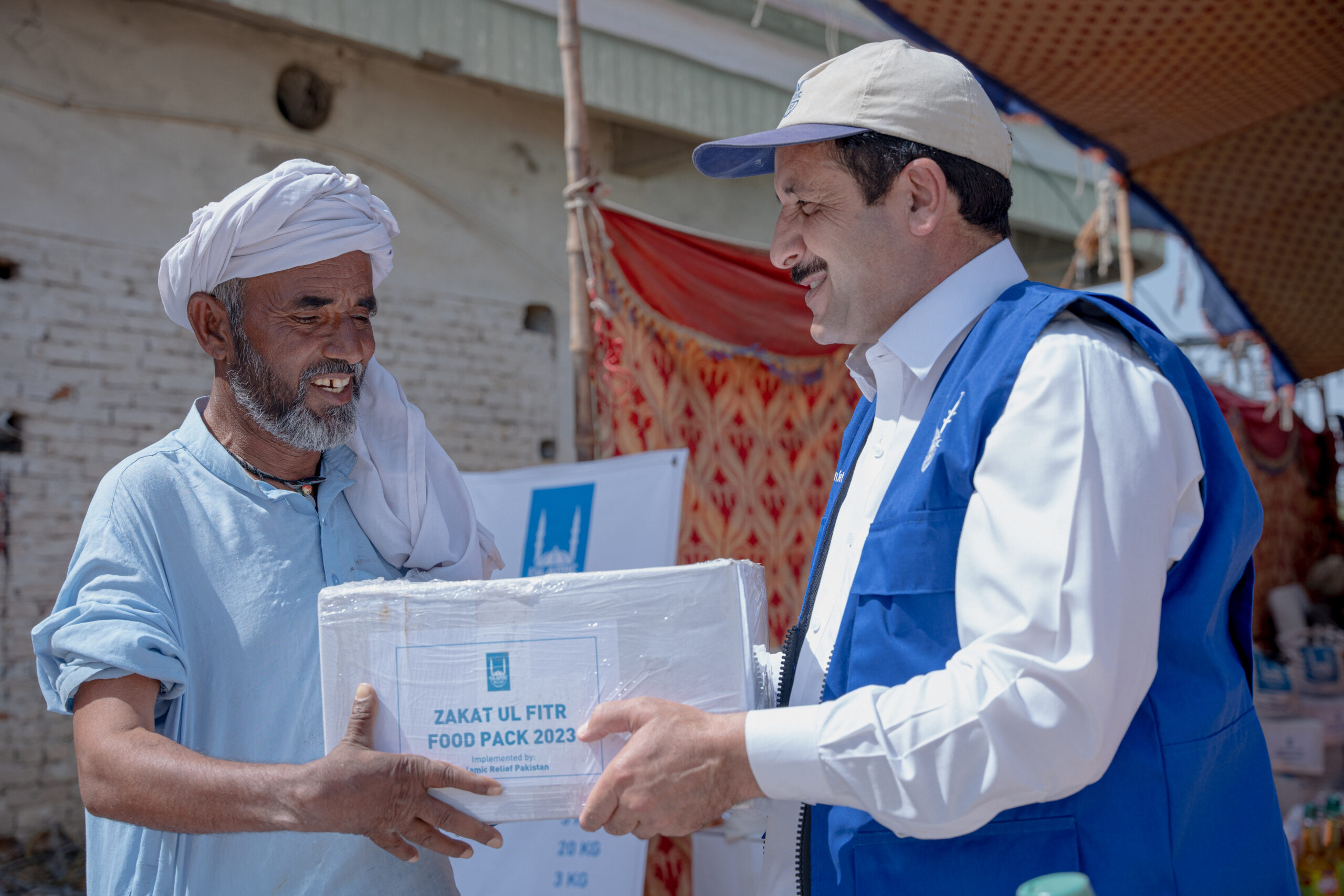
The amount of food due on each person is described by the Prophet (ﷺ) as one saa’. This is equivalent to four madd. A madd is the amount that can be scooped up when one puts their hands together.
If we translate this amount into a monetary value, based on a food staple such as flour or rice, it is approximately $18 (AUD). Therefore, the amount due for each person, in Australia, is $18. This is the amount set by ANIC for 2025.
Giving with Islamic Relief
This Ramadan, Islamic Relief is continuing its life-saving work. We make sure your donations get to those who need them most. around the world, even in the hardest-to-reach places.
Over the last 40 years, together, with your support, we have saved and transformed the lives of over 120 million people. Alhamdulillah!
We are supporting rightsholders in over 40 countries worldwide. Just like we have been with every major disaster since 1984. And, through all, we deliver food, water and emergency relief to those in desperate need.
None of our work would be possible without the permission, mercy, and generosity of Allah (SWT) and your unwavering support. Together, the Islamic Relief legacy continues on. And you have all been chosen to help us save or change someone’s life for the better.
This Ramadan, help us save even more lives by giving your Zakat and Sadaqah with Islamic Relief.
